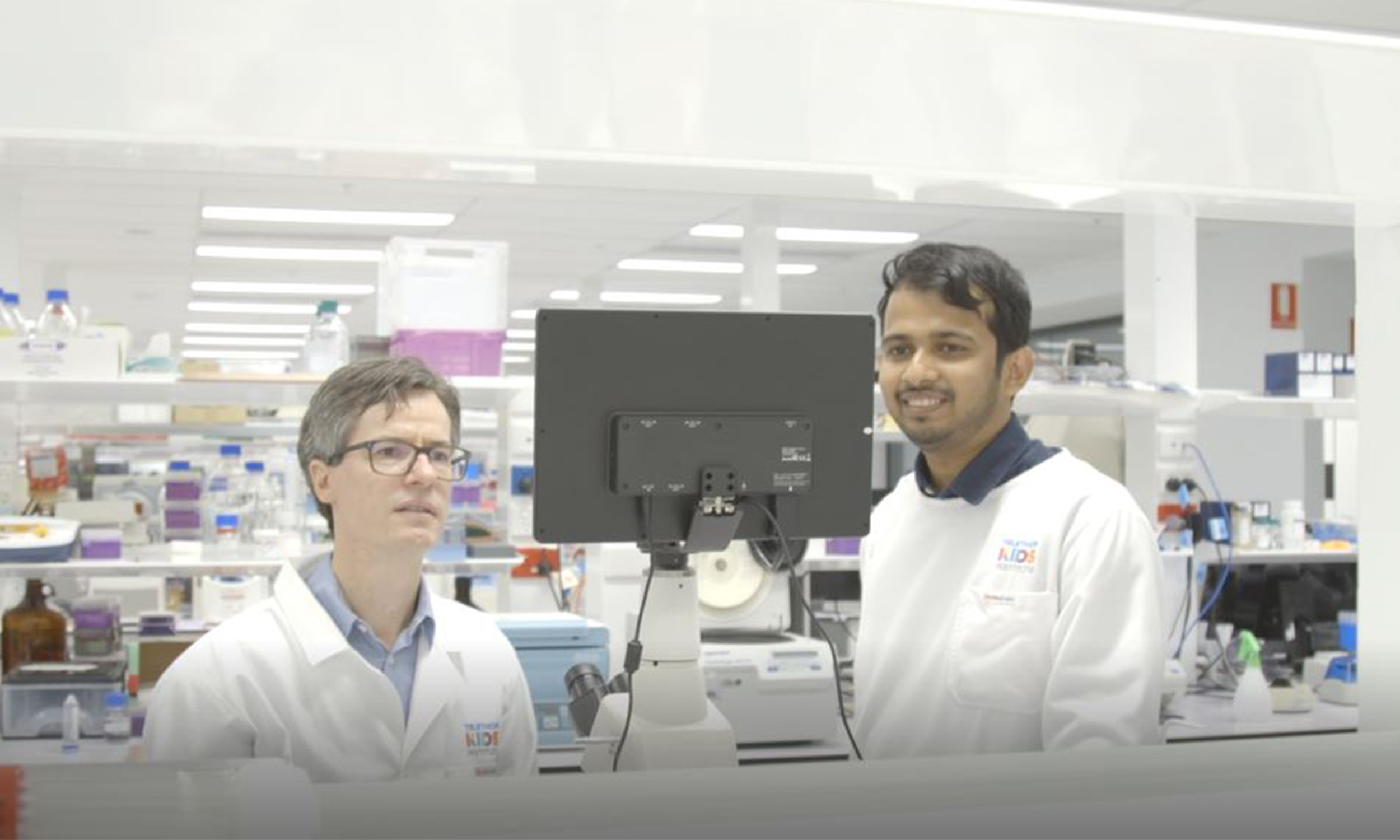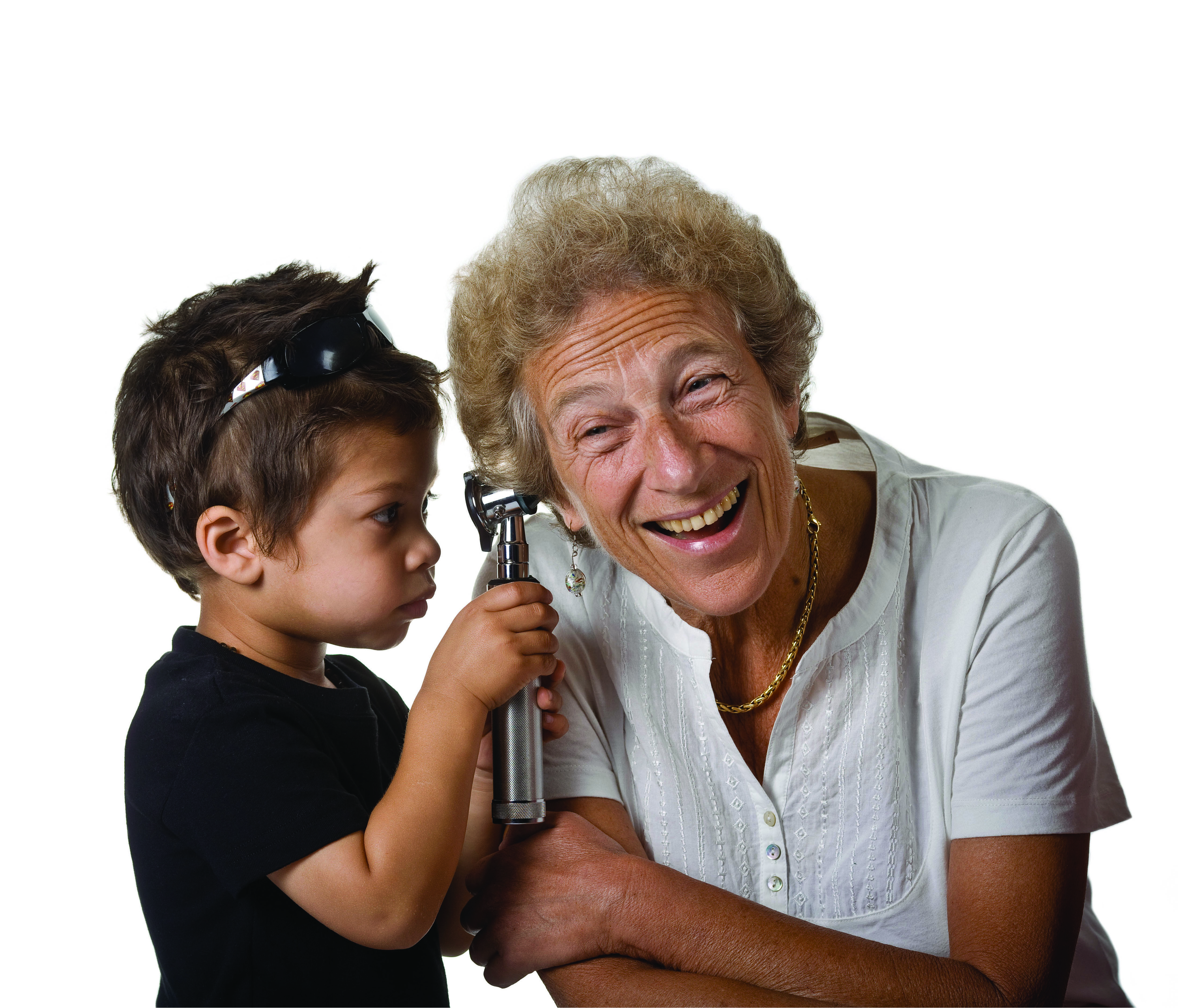Search
Research
Comparison of group A streptococcal titres in healthy children and those with pharyngitis and skin infectionsRates of acute rheumatic fever, a sequelae of group A Streptococcal (GAS) infection, remain unacceptably high in Indigenous Māori and Pacific children in New Zealand. This prospective study aimed to describe GAS antibody titres in healthy children (5–14 years) by ethnicity, and to determine how paired titres vary with GAS culture positive and negative pharyngitis, and GAS skin infections.
Research
Characterization of invasive Group B Streptococcus isolates from Western Australian infants, 2004-2020Invasive Group B Streptococcus remains a leading cause of infant morbidity and mortality. Intrapartum antibiotic prophylaxis has been implemented in many countries with a reduction in early-onset disease, but an effective vaccine may further reduce the disease burden. Candidate vaccines targeting capsular polysaccharides and surface proteins are now in clinical trials.
Research
Whole genome sequencing and molecular epidemiology of paediatric Staphylococcus aureus bacteraemiaThe role Staphylococcus aureus antimicrobial resistance genes and toxins play in disease severity, management and outcome in childhood is an emerging field requiring further exploration.

News & Events
WA leading the race to stop one of the deadliest bugs on the planetIn Perth, The Kids Research Institute Australia is spearheading global efforts to tackle this insidious bacterium and reduce its impact on kids’ health.

News & Events
Urgent action needed to stop 500 preventable deathsA new report predicts rheumatic heart disease (RHD) will lead to over 500 preventable deaths and cost the Australian health system $317 million by 2031 if no further action to tackle the disease is taken.

News & Events
Major grant awarded to tackle antibiotic resistanceVital research aiming to improve the treatment of potentially deadly Group A Streptococcus (Strep A) has been awarded $820,000 in the latest round of National Health and Medicine Research Council’s Ideas Grants.

News & Events
Deborah Lehmann Research Award OpportunityThe Deborah Lehmann Research Award in Paediatric Infectious Disease Research is a funding mechanism to support the training and development of early- to mid-career researchers (EMCR) or Higher Degree by Research (HDR) students who are nationals from the Pacific Region working in or outside their hom
